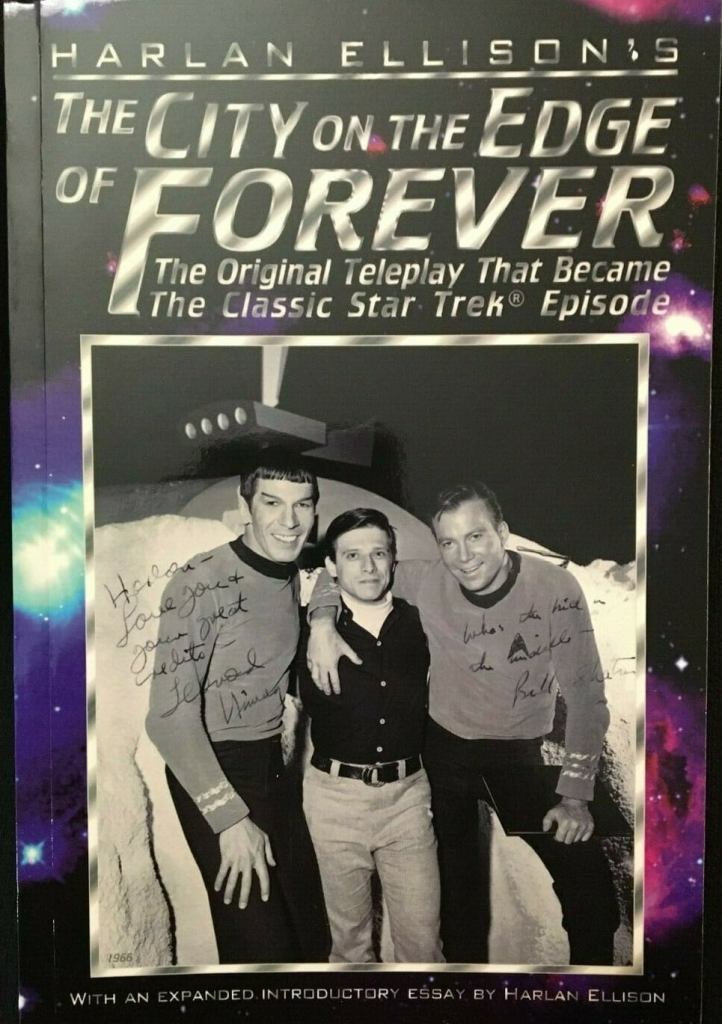Back to reality. The original unreliable narrator is memory itself. In eyewitness testimony from one witness to another, objects and events appear differently in memory’s mirror. Add video and suddenly everyone who watches, believes he was there or has as good an idea of what happened. Add audio, and Rod Serling emerges from a cloud of his own cigarette smoke. All we need is a writer, a narrator to tell us what’s really going on.

Perception is another factor in what we experience and what we subsequently take away and reshape over time. Researchers have hypothesized that our senses are in fact a graphical user interface to the reality modern physics in particular and science more broadly have discovered. In the space we occupy, for example, it is no good as animals to understand there is more space than substance in the ground we walk on.
The saying, We must walk before we run, does not apply to our imagination. The human imagination and ability to hypothesize has always outpaced actual science and development of theories and technology. The imagination often runs away from reality and even from reasonable next steps, propelled by emotion and also by poor reasoning.
Although at this point it seems chronologically obvious to believe human understanding has progressed, retrospectively it is not accurate in all ways, in detail.
There is a great deal to think about once we start to consider how observation of the world with the first tools of our senses and the mind, through perception, as subject to distortion as it may be, has still led to concepts and tools, including language and mathematics, which cause very smart people to wander off in hypotheticals and get lost.
Theories create stories. Metaphors are a kind of magic for the imagination. By analogy we can create illusions that redefine everything in our point of view almost instantly.
For instance, humans look at animals, observing hierarchies among baboons, wolves, and lions, and then justify a hierarchy of dominance and submission in their own behavior as natural. In their own behavior, they observe violence and war, and declare it must be human nature.
These are, however, selective observations. The majority of human behavior is not violent at all. The majority of the time in more places than not, human behavior is peaceful and cooperative. In possible arrangements of hierarchy, the most fundamental unit of human relations, the family or even a small community of families, day to day is more like the communist declaration: From each according to her ability; to each according to her need.
Of course, that is not a comprehensive view either. Any thorough paradigm needs to account for all cases, be represented in and explain all situations. What has happened needs to be taken into account, even when it is more anomalous than the rule or norm.
Fiction has different rules. Some would argue the more fanciful the better. At issue is the intended result. Even in fiction there is rhetorical purpose, even if the only outcome is to amuse or distract. To be entertained, we must be engaged. An illusion of verisimilitude has one impact on the audience, drawing them in. On the other hand, piercing that illusion can also have impact either comedic or horrifying.
But the line between fiction and reality is not so much blurred as it is blended in perception, where the rubber meets the road. No longer merely footsteps on the ground, the imagination and the rational mind have propelled us into strange new worlds, seeking out new life and new ways of viewing the past and the present. Much of that happens by claiming to know the future based on current information.
So, we return to the stories about time and what they mean. What is the rhetorical purpose of these time traveling and time focused stories? Suspense and tension for the sake of entertainment are a great part of it. Will the cavalry arrive in time to save them? Will Kirk and Spock find McCoy and restore the future from the past?
Beyond simple entertainment, I wonder what inspired this storyline. There is always an attraction for the writer and the audience to concepts, setups, and scenes. That shared fascination and focus are what brings the creators of fiction and their audiences together in the work.
We’re getting there, and at this point, if I’ve done my part, it may be exactly what you’re thinking.
